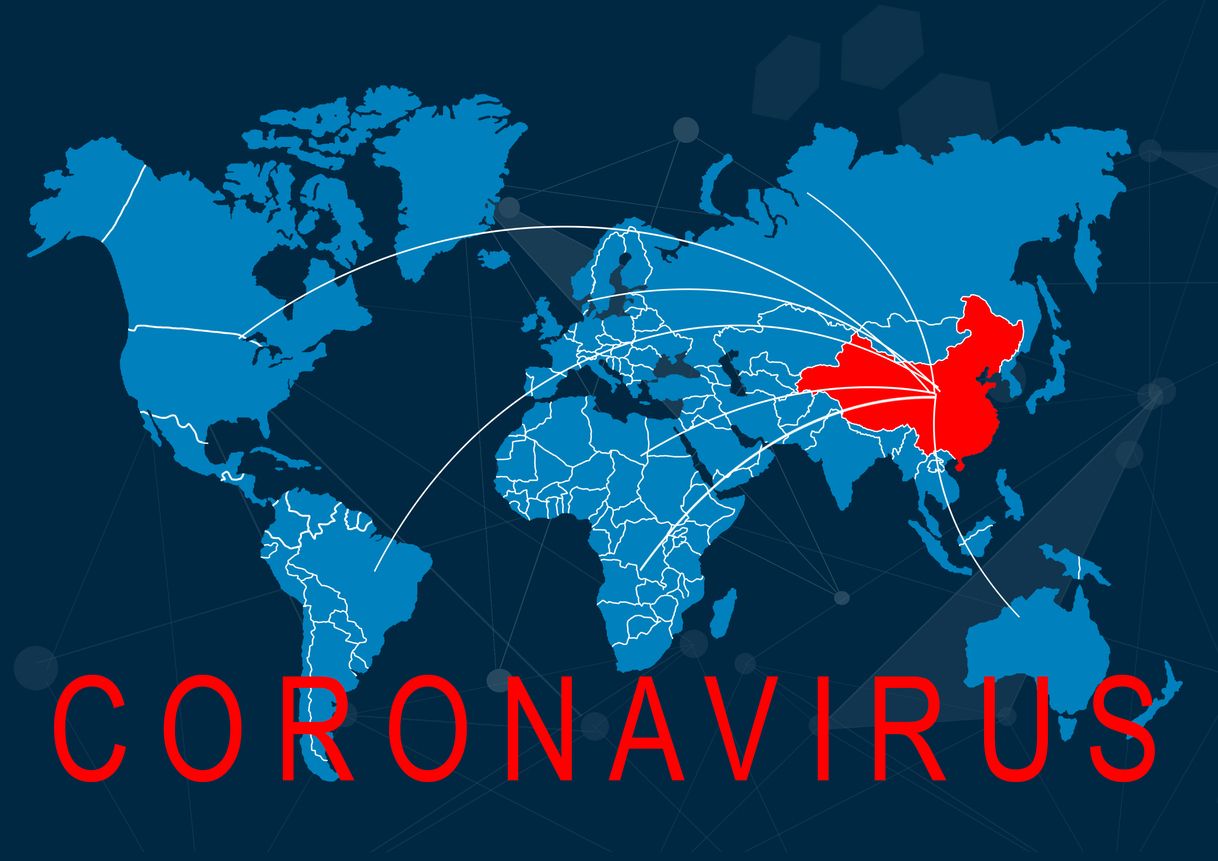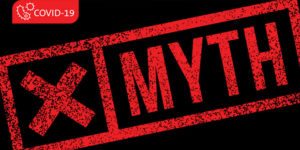While several Western nations are hoping to help other countries with mass vaccination through the COVAX global alliance, Russia, China and India are notable for having engaged in a more direct exchange through vaccine deals with individual nations, writes CBC’s Evan Dyer.
Russia’s claims last summer about its Sputnik V drew skepticism as it was deployed before significant data was publicly available, but recently The Lancet medical journal said a full placebo-controlled study with more than 20,000 participants found „a consistent strong protective effect across all participant age groups.”
That was welcome news in Iran and Argentina, where officials had agreed to deploy Sputnik shots.
„Argentina’s drug regulator had never before approved a drug that hadn’t already passed muster with either the [U.S. Food and Drug Administration] and the [European Medicines Agency]. So there was a lot of concern in the Argentine medical establishment,” Buenos Aires journalist Victor Ingrassia told CBC News.
China’s Sinovac vaccine has been sent to many more countries than Sputnik V. China has set aside $2 billion to fund vaccinations in Africa and has made available another $1 billion for Latin American governments to buy its vaccines on credit.
Brazil, which has been ravaged by the virus, is particularly dependent on the vaccine working. China claims 79 per cent efficacy for its shots, but those claims are in question, said China-watcher Lynette Ong of Toronto’s Munk School of Global Affairs and Public Policy.
„I think the biggest issue is the trust deficit,” said Ong.
„When Pfizer or AstraZeneca put out a number, we have no a priori reason to question that number. But when Chinese authorities or Chinese companies give you a number, you need justification to trust that number, because of what happened in the last 12 months,” she said, referring to dissembling from China as to the origins of the virus in Wuhan.
India, meanwhile, is producing vast quantities of AstraZeneca’s vaccine under licence, as well as producing its own Covaxin — which, like Sputnik V, was rushed to market under a somewhat dubious process but still seems to work.
India is giving its vaccine away to neighbouring countries free of charge, with recipients including Bangladesh, Nepal, Myanmar and Mauritius — a gesture of generosity so far unique in the world and, writes Dyer, a reflection that India wants to win influence in Asia at the expense of its frequent rival, China.




